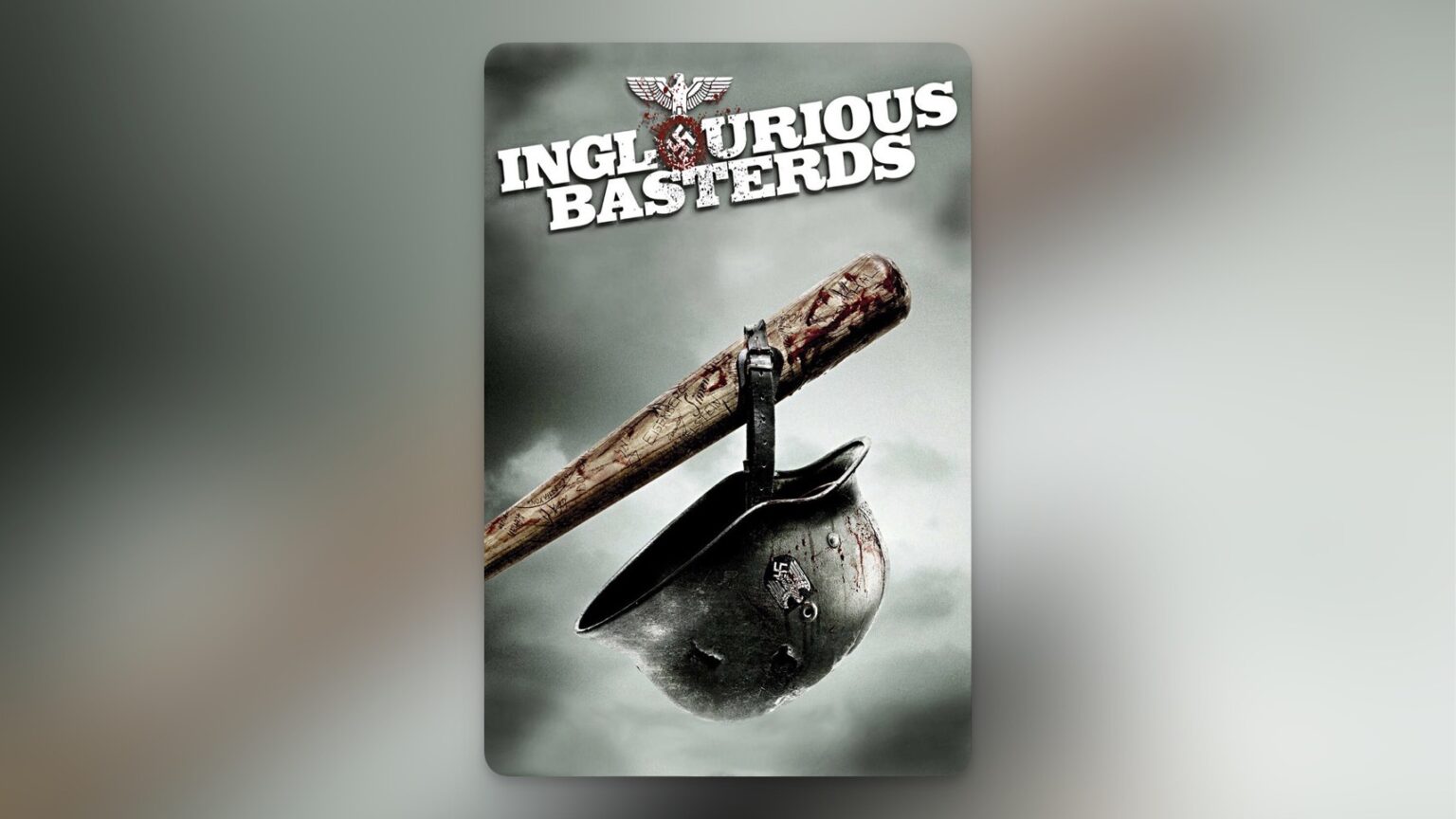Quentin Tarantino’s Inglourious Basterds is a film that operates on the edge of a razor. It’s not just about Nazis or revenge or even the power of cinema—it’s about tension. Cringe-inducing, seat-shifting, stomach-tightening tension. And it’s brilliant.
From the opening scene, where Christoph Waltz’s Hans Landa interrogates a French farmer, the movie establishes its central strength: conversations that feel like loaded guns sitting on the table, waiting to go off. Waltz’s performance is the standout, and it’s not hard to see why he won the Academy Award for Best Supporting Actor. He plays Landa with a chilling politeness, a man who disarms his victims by smiling while tightening the noose. It’s the kind of role you’d think only exists in fiction—until you remember that real-life villains often hide behind a veneer of civility.
The film is structured like a novel, with chapters that introduce characters and build the stakes. Brad Pitt’s Aldo Raine leads the titular Basterds, a ragtag group of Jewish-American soldiers tasked with killing Nazis. Pitt leans into the absurdity of his role, delivering lines like “I want my scalps” with a thick Southern drawl that’s almost cartoonish. But Tarantino knows exactly what he’s doing: Pitt’s over-the-top performative style contrasts beautifully with Waltz’s understated menace.
The tension peaks in scenes like the infamous underground tavern standoff. Michael Fassbender’s Archie Hicox, a British spy posing as a German officer, nearly pulls off his ruse—until a seemingly innocuous hand gesture gives him away. It’s a masterclass in escalating drama. By the time the bullets fly, the audience has been marinating in dread for what feels like an eternity.
Tarantino’s love for cinema is everywhere in the film, from the dialogue to the set design to the very premise. The final act takes place in a French cinema, where Mélanie Laurent’s Shosanna—a Jewish woman hiding in plain sight—sets a trap for the Nazi high command. It’s a revenge fantasy, but it’s also a love letter to movies. Tarantino even uses David Bowie’s modern track “Cat People” to underscore Shosanna’s preparation, a bold anachronistic choice that somehow feels right.
But what makes Inglourious Basterds so effective isn’t just its clever writing or stellar performances. It’s the way Tarantino weaponizes silence. When characters aren’t speaking, every pause feels loaded. Every glance, every sip of milk, every misplaced accent carries weight. It’s filmmaking that demands attention—not through explosions, but through anticipation.
The film is violent, and its depiction of revenge is intentionally messy. Tarantino doesn’t shy away from the blood and brutality of his characters’ actions. But he also reminds us that war is absurd, its players flawed, and its outcomes unpredictable. By rewriting history and allowing his characters to burn the Third Reich to the ground, he gives us a catharsis that reality never could.
Inglourious Basterds isn’t just a war movie. It’s a study in contrasts: good and evil, comedy and tragedy, subtlety and spectacle. It’s about the stories we tell ourselves and the ones we wish were true. And above all, it’s a reminder of the power of a well-told story to captivate, terrify, and even—if only for a moment—rewrite history.

